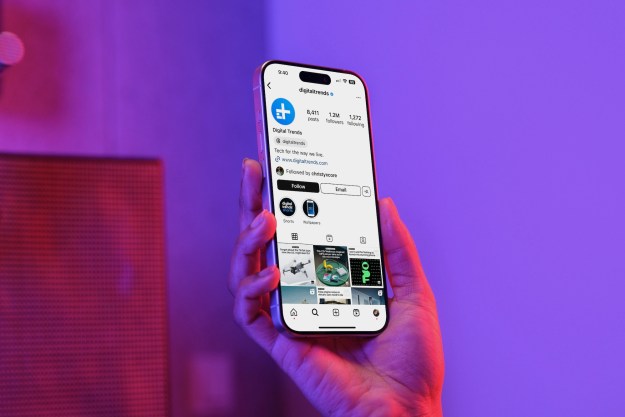
The legislation, which the New York state legislature passed in June, effectively strengthens New York’s existing laws on short-term property listings, which, as of 2010, prohibit apartments — defined as buildings with “three or more units” — from being rented out for less than 30 days. Owners found promoting listings which meet that criteria that category face stiff penalties: $1,000 for the first violation, $5,000 for the second violation, and $7,5000 for the third and every violation thereafter.
The law in effect holds Airbnb, FlipKey, HomeAway, and other similar services accountable for facilitating the property rentals. Shared rentals, or those during which the host is present, are permitted, as are certain categories of one-family and two-family homes and row houses, but the number of listings for private dwellings far exceeds those that’d pass judicial muster.
As of June 1, Airbnb had 22,2253 listings for entire homes and 19,120 in New York — the sort illegal under state rules. And in an investigation between 2010 and 2014, the New York state attorney general found more that more than 30,000 Airbnb reservations ran afoul of New York’s short-term listing law.
“It’s preposterous. Maybe half their listings are illegal [in New York City],” New York Assemblywoman Linda Rosenthal told Reuters. “It’s part-and-parcel of their business model.”
The passage of New York’s legislation marks the continuation of a trend that threatens to damage Airbnb’s bottom line — and its revenue model. New York, the company’s largest U.S. market, is the third such metropolitan area to ban short-term rental services. The German capital of Berlin imposed restrictions in June, following the implementation of similar regulations in Barcelona and Amsterdam.
Airbnb, for its part, argues it can’t be held liable for landlords’ ignorance of, or blatant disregard for, local leasing laws and regulations. In a lawsuit involving a San Francisco statute that imposes a $1,000-a-day fee for every host on an internet rental platform who fails to obtain a license with the city’s Office of Short-Term Rentals, the company cited Section 230 of the federal Communications Decency Act (CDA), which holds that websites can’t be held responsible for the content of their users.
The Travel Technology Association, an advocacy organization who counts Airbnb, Expedia, HomeAway, and other online booking services among its members, said in a statement that New York’s law “possibly infringes upon free speech and threatens to undermine the legal foundation upon which internet providers and platforms rely for protection.” The group’s attorney, Matthew Kiessling, called the law “concerning.” It’s “issuing massive punitive penalties for anybody who’s caught listing, not even renting,” he told Skift. “That’s one of the things that’s sort of key. If you’re caught advertising, it’s a really steep fine.”
Airbnb points to its existing arrangements with local officials around the world. As of October, the company has tax and short-term rental agreements with officials in nearly 200 markets.
Critics of Airbnb and comparable services contend that listings drive up prices, disrupt communities, and, in heavily trafficked cities like New York, attract commercial operators who employ the services as veneers for illegal hotels. In New York, the state attorney general found that 6 percent of the hosts from 2010 to 2014 supplied 36 percent of the rentals. And a separate study by the pro-labor Los Angeles Alliance for a New Economy found that in Los Angeles, two or more listings generated 44 percent of all Airbnb revenue.
Airbnb isn’t taking Friday’s development sitting down. It recently announced that it would create an online registration system for property owners and automate enforcement of Airbnb’s rules in New York and San Francisco. It’s proposed rules for new state legislation on listings that would require hosts to register with the state, provide insurance, and limit listings to a single property within New York City’s five boroughs. And it pledged to pursue legal recourse should the law go into effect.


